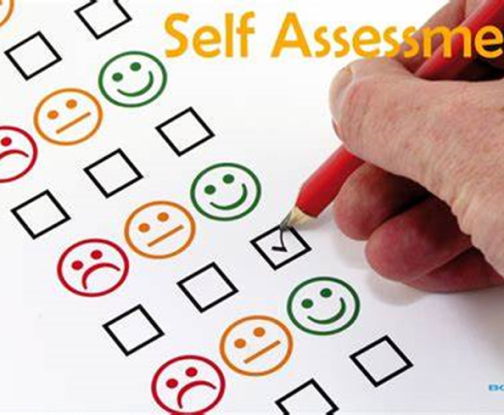Introduction:
Career counselling is the process of making well-informed career decisions based on your interests, skills, values, and goals. It involves taking a strategic approach to career development in order to attain professional success and satisfaction.
Intelligent career guidance includes many things, such as self-evaluation, researching different career options, getting experience through internships or volunteering, building a professional network, and setting SMART goals. By doing these things, you can learn more about your strengths and interests, look into different career options, and make better career choices.
Ultimately, intelligent career advice involves being proactive and deliberate in your career development. It involves taking command of your professional life and making strategic decisions consistent with your long-term goals. By doing so, you can maximize your potential, achieve greater job satisfaction, and build a rewarding career.
Smart employment guidance includes making choices about your profession based on your interests, abilities, beliefs, and goals. Here are some recommendations for qualified career advice:

Start by assessing your interests, skills, values, and goals. This can help you determine potential career paths that align with your strengths and interests.

Find out what a variety of jobs involve, what education is needed, how much they pay, and how you can move up in them. Consider conducting interviews with industry experts to learn from their insights.

Exploring internships, volunteering, or part-time gigs can provide you with valuable real-life experience in the field you aspire to work in.

An efficacious approach to building a proficient network is to engage in industry gatherings, acquire membership in professional organizations, and foster relationships with alumni or other experts in your field.

Continuing education is an essential element in staying current in one’s field of specialization and advancing in one’s career. It is recommended that individuals consider pursuing additional education, training, or certifications in order to stay up-to-date with the latest developments in their respective areas of expertise.

Given how uncertain career paths are, it’s best to be open to new opportunities and people. By keeping an open mind, you can make it easier to adapt to changing situations and take advantage of unexpected opportunities

To stay motivated and focused on your career path, it’s best to set SMART goals that are specific, measurable, attainable, relevant, and have a time limit.

It is best to be open to changes and ready to change if the situation calls for it.Because the job market and industries are always changing, it is important to be able to adapt and be open to new opportunities.

It is prudent to actively seek out a mentor who possesses specialized knowledge and experience in the discipline corresponding to your career objectives. Mentors can provide substantial contributions in the form of insightful perspectives, direction, and assistance as you navigate your professional trajectory.

Soft skills, such as communication, collaboration, problem-solving, and leadership, are highly valued by employers. One can enhance their skills by engaging in volunteer work, extracurricular activities, or enrolling in courses.
Conclusion:
It is crucial to recognize that career counselling requires a systematic approach that includes self-exploration, planning, and implementation. Individuals should engage in introspection in order to evaluate their unique beliefs, interests, and abilities while remaining receptive to new opportunities and experiences. One can accomplish their professional objectives by demonstrating perseverance and undying commitment. Also It is essential to recognize that career counselling is a continuous and ongoing process. Regularly evaluate your interests, talents, and objectives and make adjustments as necessary.

